No hugging and no kissing, bowing when meeting, saying goodbye and remaining silent on the train are the unspoken rules the Japanese want tourists to follow.
"Japanese people are very proud, and following the rules is very important," says Takao Nishina, a travel blogger and Tokyo native. Here are some unwritten rules visitors should follow when visiting Japan, to avoid upsetting or shocking locals, according to Takao.
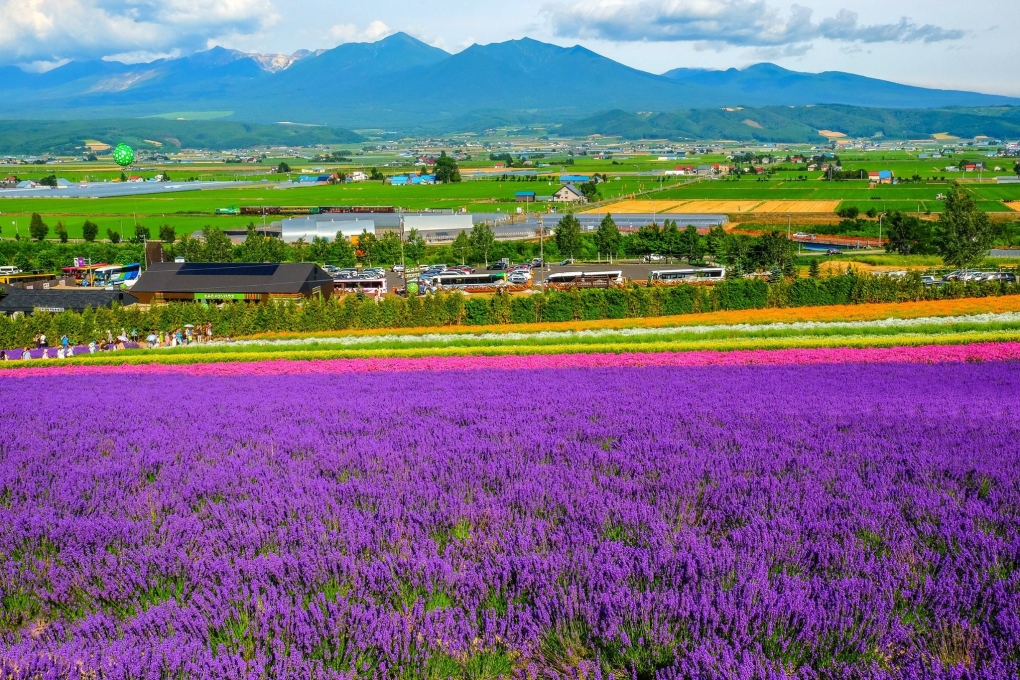
Silence is golden
Takao said that since the Covid-19 pandemic, the number of taxis in Japan has not been enough to meet demand, and most people use public transportation to get around. Trains and subways in Japan are always crowded, but that does not mean the space on the train is noisy.
"Travelers often make the mistake of making noise on the train," Takao said, explaining that in Japan, the atmosphere on the train is very quiet. Making noise is always kept to the lowest possible level. Visitors to Japan should not talk loudly or make phone calls while using public transportation because it is considered rude. Tourists may even be asked to stop talking on the phone on the train.
Pay attention to direction when taking the escalator
In many places, like London, people have an unwritten rule of standing on the right side of escalators when using the subway. But in Tokyo, this would be a serious mistake because people usually stand on the left.
According to Takao, Tokyo stations are always crowded and he often sees tourists standing on the right side when riding escalators, obstructing the Japanese movement. However, in Osaka, people have the habit of standing on the right side of the escalator. "Even if you make a mistake in both cities, no one will tell you because Japanese people are polite," Takao added.
Do not run the lights
Illegal jaywalking is strongly frowned upon in Japan, as it is against the law. Therefore, if tourists deliberately cross the street when the light is red, they will receive reproachful and disapproving looks from the locals. Takao said that Japanese people will always wait until the light turns green, and never cross the street when the light is red, even if there are no vehicles on the road.
No tip
Tipping for service staff and tour guides is customary in Western culture. In Japan, Takao advises tourists to "save their money" because "it's not common."
When tourists tip, many Japanese people sometimes feel confused and even offended because they are "being paid extra for the work they have already been paid for." Takao said that while tipping is acceptable, tourists should consider it.
Do not litter
Takao said littering on the streets is an "absolute no-no" when visiting Japan. If there are no public trash cans at their destination, visitors should take trash such as plastic bottles and food containers back to their hotel or find a place with a trash can to throw them away.
Meet without hug
Westerners greet each other with handshakes or hugs and kisses. The Japanese tend to avoid physical contact. Instead, they bow. "We bow a lot. You'll see people bowing to each other multiple times when they meet or leave," Takao said. He was also surprised when an Italian greeted him with a hug and kiss.
Japanese bowing culture is not simply to greet when meeting or saying goodbye, but also to express apology, sincerity, respect or appreciation for others.
According to vnexpress.net
Source: https://baohanam.com.vn/du-lich/mot-so-luat-ngam-khi-du-lich-o-nhat-ban-151458.html


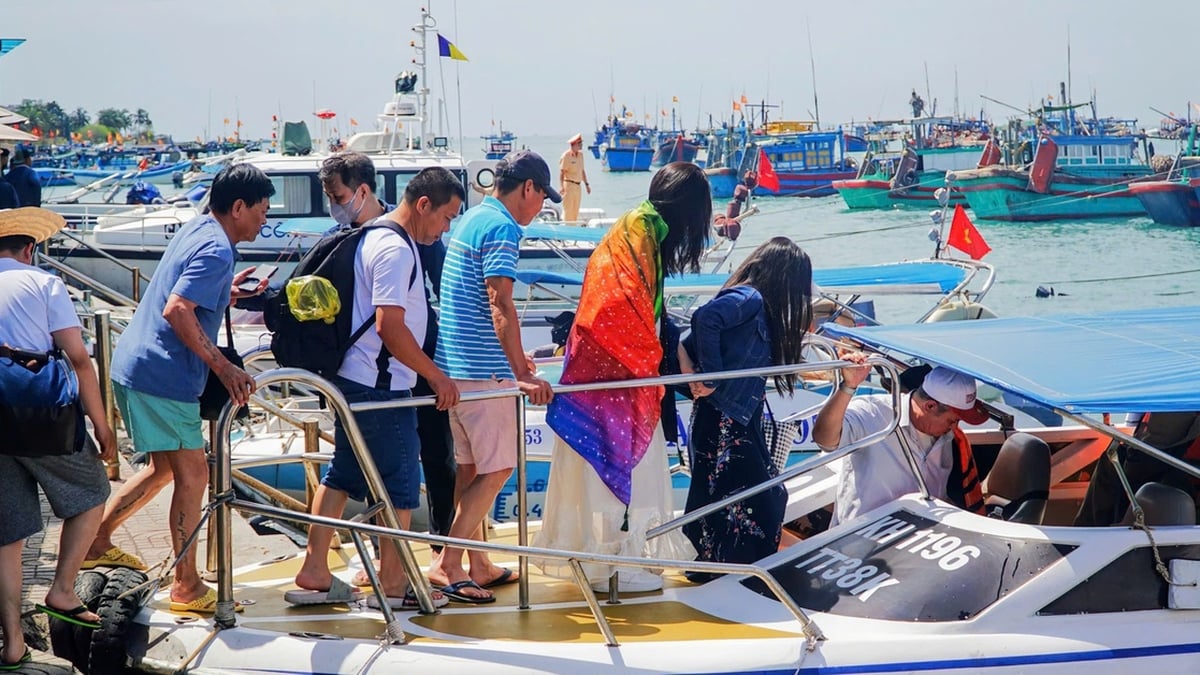
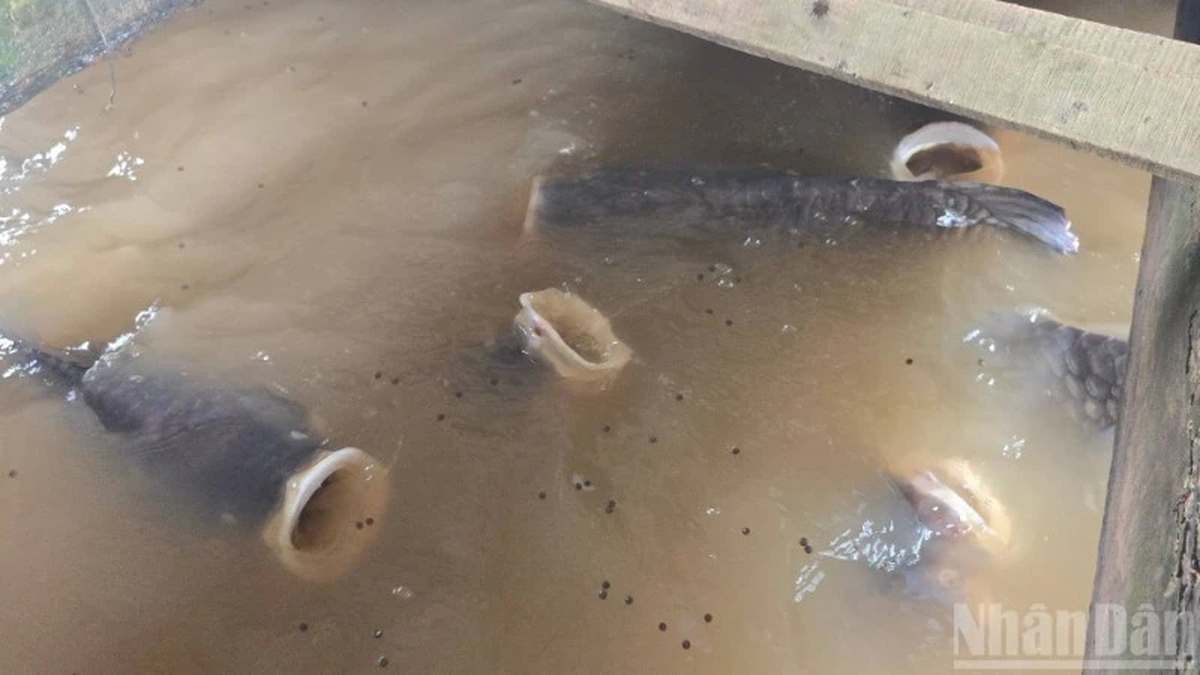
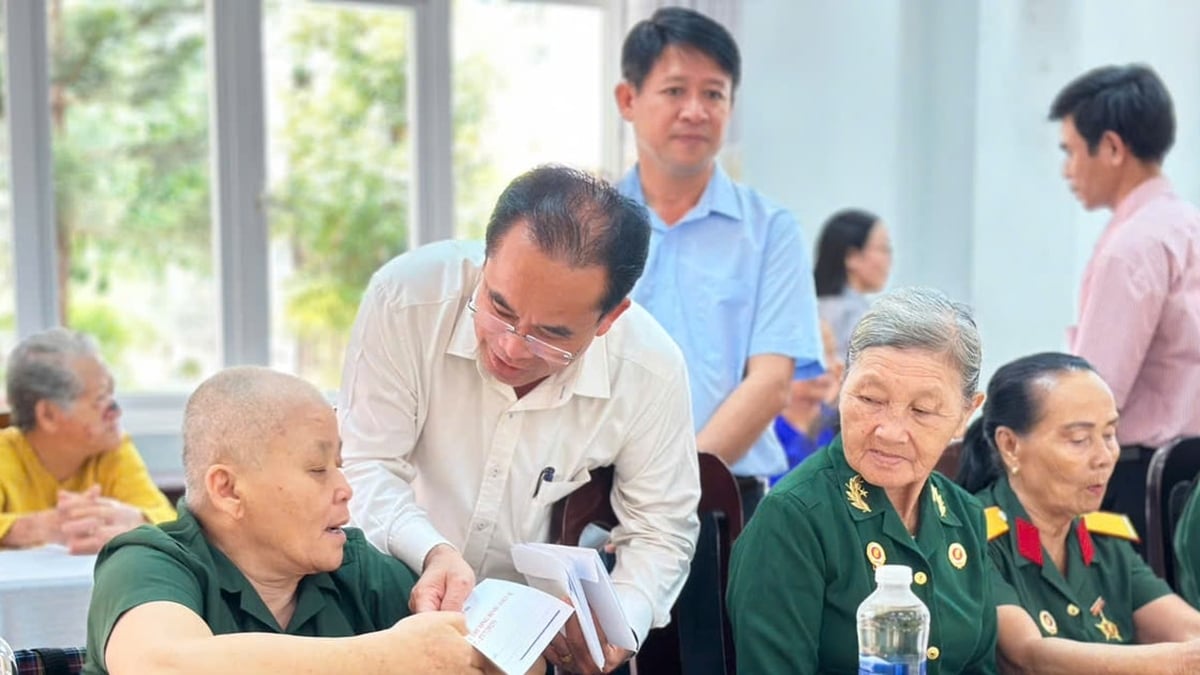


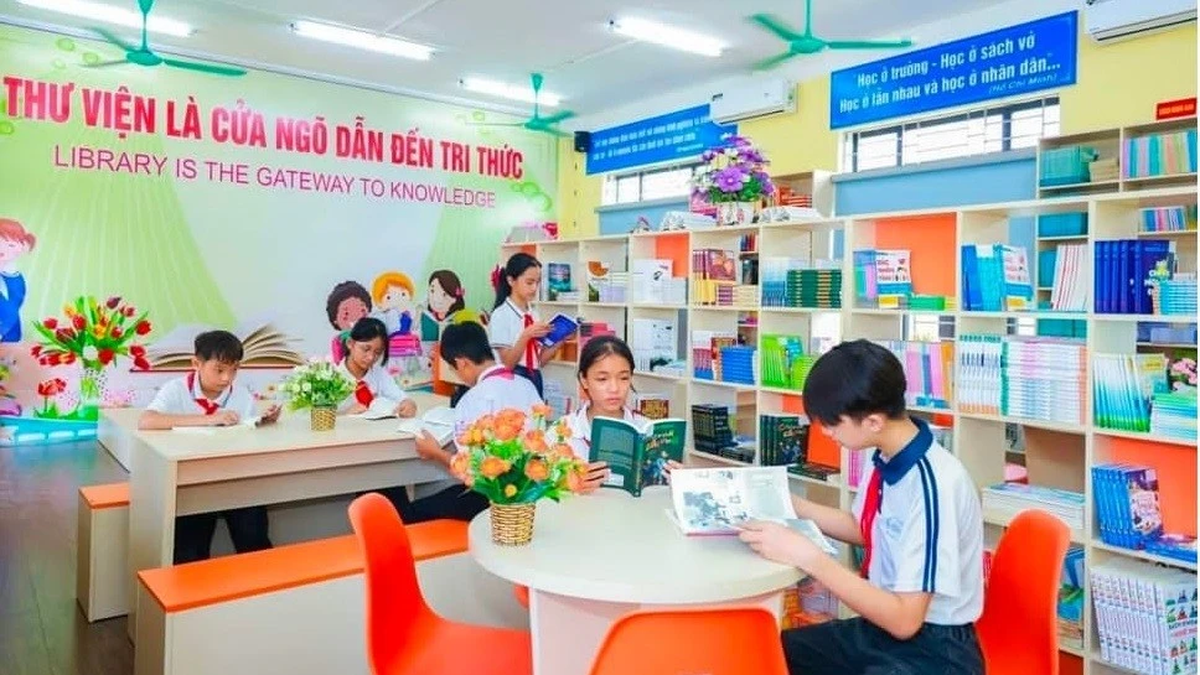

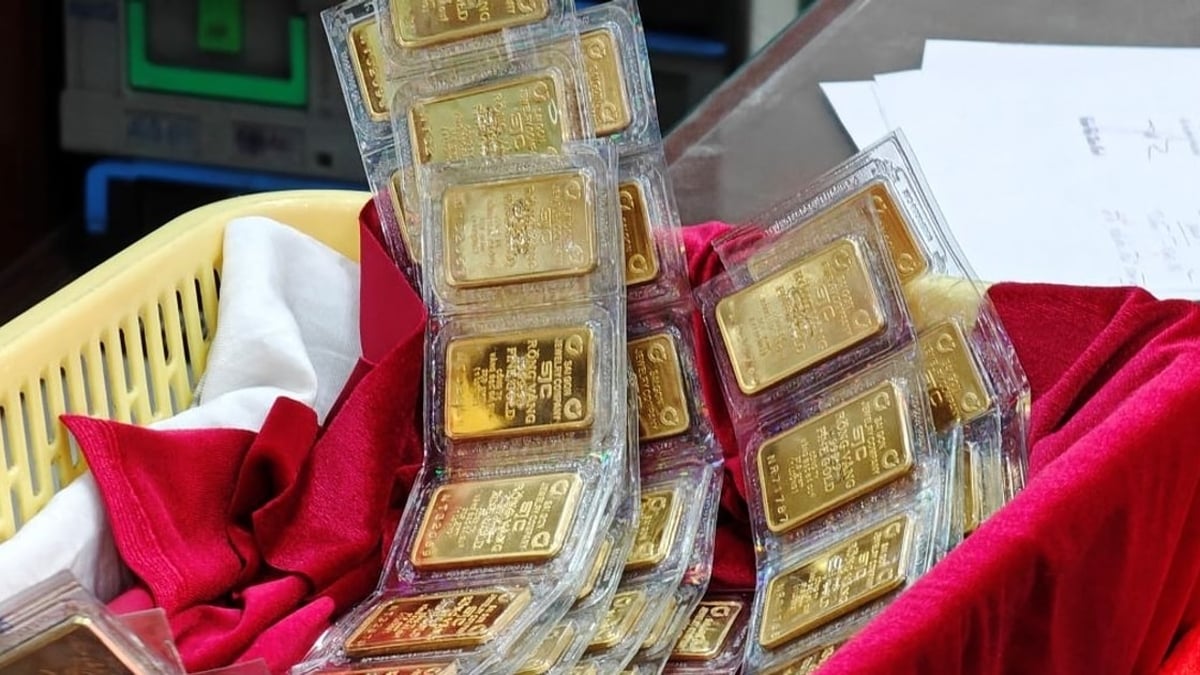













![[Photo] National Assembly Chairman Tran Thanh Man visits Vietnamese Heroic Mother Ta Thi Tran](https://vphoto.vietnam.vn/thumb/1200x675/vietnam/resource/IMAGE/2025/7/20/765c0bd057dd44ad83ab89fe0255b783)











































































Comment (0)